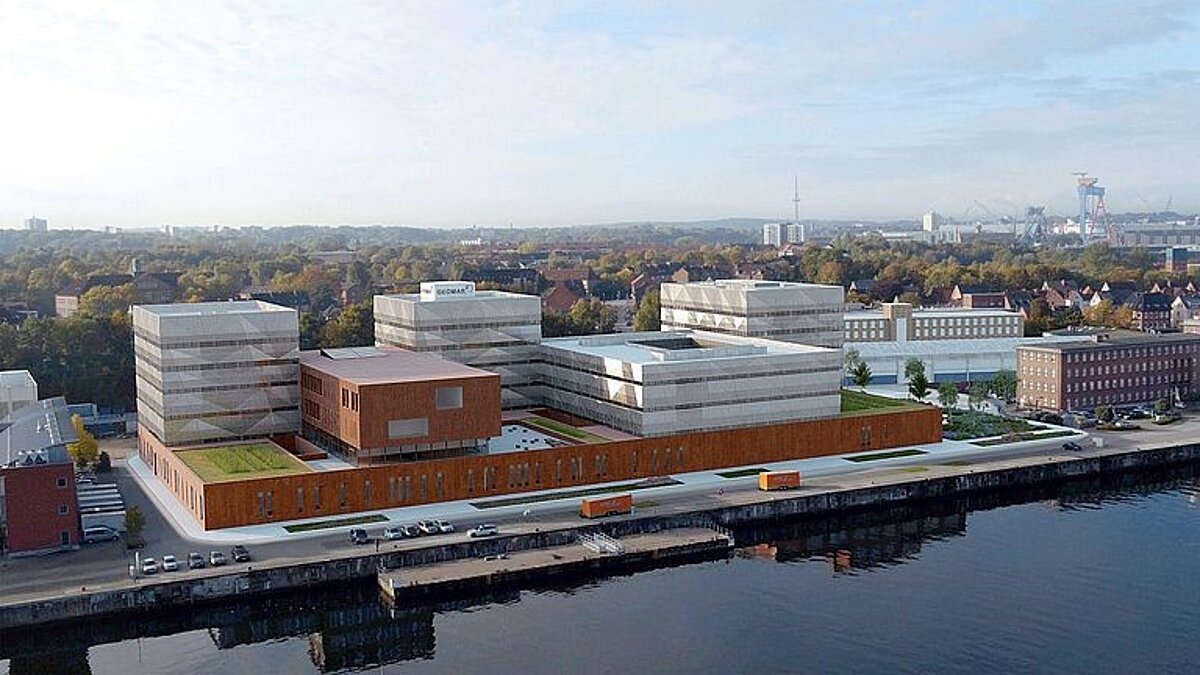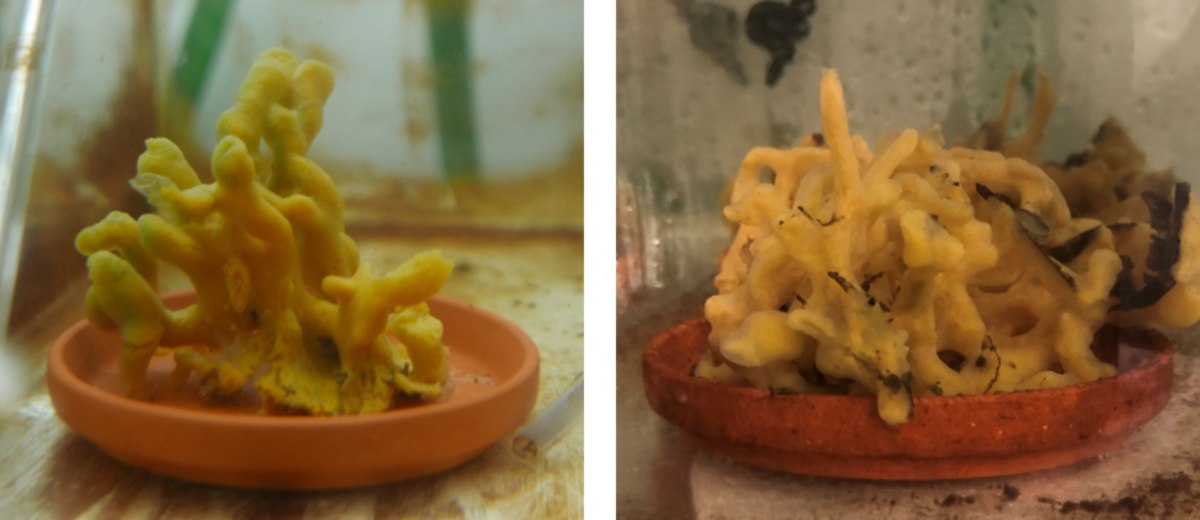Light-dependent changes in microalgae content in the microbiome of the Baltic Sea sponge Halichondria panicea, and does this has an effect on sponge survival during heat waves (working title)
Dr. Kristina Bayer, GEOMAR
This project follows up on the long-standing observation that the Baltic Sea sponge H. panicea occurs in two color morphs, ranging yellow to green. Green sponges are typically found in light-exposed areas while yellow color morphs are located under rocks and in crevices. Initial unpublished microscopical observations revealed noticeably more diatoms and microalgae in green than in yellow sponges. First, we could use Fluorescence Activated Cell Sorting (FACS) to allow the quantification of photosymbiont abundance in green and yellow sponge tissues during different seasons. Moreover, we will provide additional analysis based on 16S rRNA and 18S rRNA gene amplicon sequencing on yellow and green sponge individuals collected at different months of the year with added sampling effort during the summer peak. This effort will unveil the diversity of prokaryotic and eukaryotic microorganisms coinhabiting the sponge. It will further assess whether seasonal changes in the photosynthetic microorganisms correlates with potentially detrimental effects of the core microbiome and subsequently for the sponge holobiont. This effort will give new insides, if microalgae content changes during warm season might have an effect on sponge health and/ or disease especially during heat waves, which was observed in earlier studies.
This master thesis is part of a jointed DAAD proposal with partners from Portugal, which could provide also the possibility for exchange.
Interested candidates please contact Kristina Bayer (kbayer@geomar.de) or Ute Hentschel (uhentschel(at)geomar.de) for further information. The thesis needs to start in march 2025, latest.






